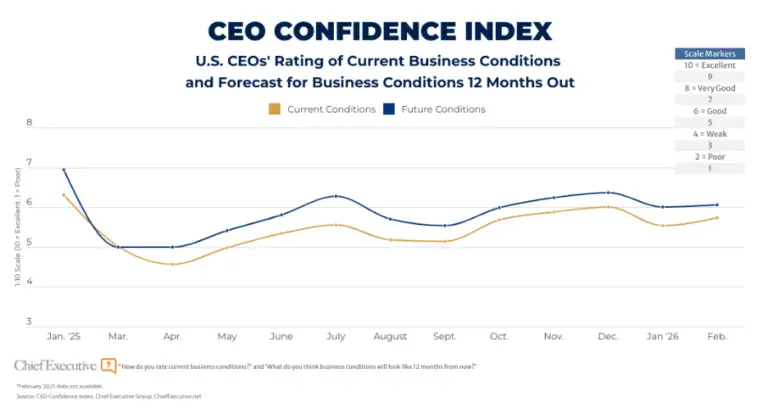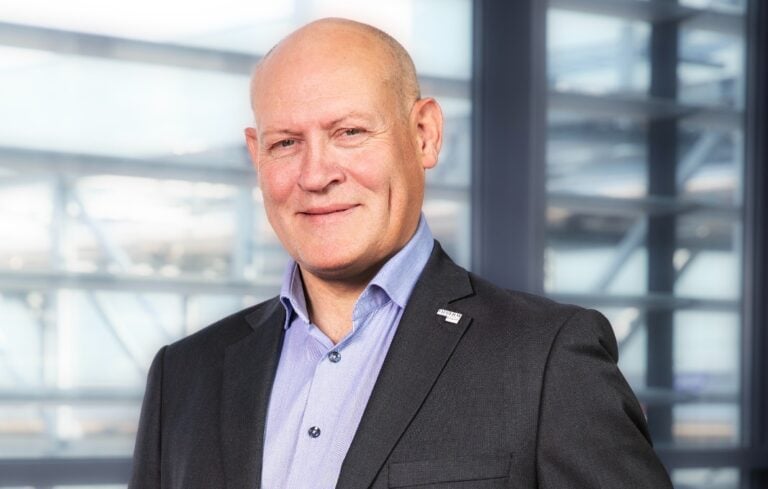
Mark Spinner came to his role as CEO of AccessOne from private equity in 2016 with an appreciation for how the founder, Dr. Russell A. Salton III, brought a doctor’s mentality to the company.
“Dr. Salton is a third-generation physician and really bootstrapped this company and sort of developed this provider-minded thesis of taking care of every patient,” Spinner says. “And that’s something that we’ve kept and honored and invested in. Just being able to honor the intention of his strategy and the patient advocacy values that were here has been really important to me and to our, kind of, corporate family here as we grow on a national basis but still hold onto that legacy of, you know, doing no harm as a physician.”
Spinner had a stint as CEO of ProviderWeb Capital for four years, which got him deep in healthcare revenue space. While spending time in private equity, he was looking for looking for a company that he thought would be well position to succeed in the competitive healthcare revenue solutions space and align with his values. That’s when he found Salton and AccessOne, which offers patient payment plans—working both with patients directly themselves and providers.
“The blessing that I’ve found at AccessOne is really just kind of full alignment, perfect alignment of my values and the company’s values and the investors’ values and that is really important,” Spinner says. “If you’ve got any misalignment in those areas and you’re under pressure in a high-growth situation or any kind of financing environment or a market with volatility, that’s going to be a weakness.”
Spinner spoke to Chief Executive about the shift in healthcare to consumer-facing costs and the challenges this environment brings with it. Below are excerpts from this interview.
What are the biggest challenges you face in the healthcare industry?
There’s a lot of change going on with respect to the reimbursement landscape. The Affordable Care Act, brought about a significant shift in the way patients are paying for healthcare. And that shift has [reversed] a lot of models, in terms of what you used to be able to get away with or get by with in terms of performance as a hospital system or a healthcare provider.
Now providers face a significantly higher mix of revenue that needs to be collected from patients, as opposed to the third-party payors and the government payors. So that is a growth opportunity for us because our solution facilitates patients being able to afford paying their healthcare liabilities. It’s a transition that a lot of healthcare systems are struggling with… to make that a good experience for patients and do a better job financially.
So it’s that dynamic changing nature of healthcare reimbursement and then also the dynamic nature of shifting models between payors and providers, with providers going to a lot of new risk-based models. We’re sort of in the middle of that world and there’s a lot of exciting growth opportunity, and with that type of growth opportunity there’s plenty of new entrants and new competitors and just a dynamic marketplace.
AccessOne is at the cross-sector of trying to lower and manage costs for patients. I mean, that’s obviously the issue of the day for healthcare and you guys are right in the middle of that. What are some of the big reasons costs are so high for patients?
There’s just an increasing amount of high technology that’s going into care on the clinical side. Whether it’s genomics or any of the new disciplines coming in and requiring more sophisticated equipment, more sophisticated lab diagnostics, there’s just a lot of technology that goes into healthcare and it’s expensive. Obviously, the physical plan of these healthcare systems and the cost to run them and provide that service for their communities is immense, huge, so that’s just driving unit costs.
And then just the benefit design, the high-deductible plan was sort of conceived to try to cause patients to have a consumer-directed element to their healthcare. And I think for the most part it’s kind of erected a barrier of cost between the patient and the healthcare system and that, unfortunately, in a lot of cases, has caused some inefficiencies. So patients are guessing, “Hey, what…I want to go to the doctor once, what doctor do I go to? Let me skip this provider and go straight here because I think I have this problem.” That mentality tends to drive up costs and not have a positive impact on outcomes. So, I think that benefits design is a big deal right now too. I don’t think it’s a very sustainable model.
That’s interesting because the high-deductible health plan is really becoming a trend these days and it’s really becoming more common in different plans, not just as a low-cost plan.
It’s true, that’s the difficulty for the patient consumer is just figuring out how to navigate that, so you know, I think there’s some interesting models out there in the system to try to promote good behaviors and provide positive incentives, instead of just having to deal with the negativity of the deductible. I think the companies delivering thoughtful solutions around driving positive patient behavior will be successful.
What advice do you have to CEOs in healthcare as they’re trying to build a successful business?
I’m not sure if I’m qualified to really give advice on other people’s businesses but I think we find the most success in our business is usually found when we engage deeply with our clients. When we come to the table as a listener and a collaborator, we find success. And over time, we’ve been blessed to have some health system partners that really have rolled their sleeves up and put the patient consumer at the center and been willing to really grind and find ways to deliver win-win-win solutions that are good for AccessOne, good for the health system, and good for the patient. And I think when you spend that kind of effort and time listening and engaging with your clients, you’re likely to have more success.
Read more: Remedy Partners CEO On Thriving In The Weeds Of Healthcare







